As the sun rose over the bustling terminals of Los Angeles International Airport, passengers like Sarah Jenkins prepared for their morning flights, unaware of the chaos that was brewing behind the scenes. With the government shutdown now in its 12th day, Transportation Secretary Sean Duffy had issued an order to restrict flights at 40 of the country's busiest airports, citing the strain on air traffic controllers who had been working without pay. For Sarah, who was scheduled to fly to Chicago for a business meeting, the news meant a 30-minute delay and a lot of uncertainty.
The government shutdown, which began on October 31, had already caused widespread disruptions to essential services, including the Federal Aviation Administration (FAA). With air traffic controllers, who are responsible for guiding planes safely through takeoff, landing, and taxiing, working without pay, the FAA had no choice but to take drastic measures to ensure the safety of passengers and crew.
According to the FAA's order, carriers must reduce their operations by 4 percent at 40 highly trafficked airports, starting on November 7. This means that flights will be canceled or delayed, affecting thousands of passengers like Sarah. The cuts will become more stringent in the coming days, with a 10 percent reduction in operations by November 14.
Transportation Secretary Sean Duffy explained the reasoning behind the order, saying, "The safety of the flying public is our top priority. With air traffic controllers working without pay, we cannot guarantee the level of service that passengers expect and deserve." Duffy's order has been met with a mix of reactions from airlines, airports, and passengers, with some expressing concern about the impact on the economy and others welcoming the move as a necessary step to ensure safety.
Airlines have been working closely with the FAA to implement the order, which has been a challenge given the short notice. "We understand the need for safety, but we also have to consider the impact on our passengers and our business," said a spokesperson for American Airlines. "We're doing our best to minimize the disruptions, but it's not easy."
For passengers like Sarah, the delay has been frustrating, but she understands the reasoning behind the FAA's decision. "I get it, safety first," she said. "But it's still a hassle, and I hope they can get this sorted out soon."
As the government shutdown continues, the impact on air travel is likely to worsen. The FAA has warned that the cuts will become more severe in the coming days, with a 20 percent reduction in operations by November 21. The agency has also announced plans to furlough 20,000 employees, including air traffic controllers, who will be forced to take unpaid leave.
The situation has raised concerns about the long-term impact on the aviation industry and the economy. "This is a perfect storm of bad policy and bad timing," said a spokesperson for the Air Line Pilots Association. "We're not just talking about delays and cancellations; we're talking about the safety of the flying public."
As the shutdown continues, it remains to be seen how the situation will unfold. One thing is certain, however: the impact on air travel will be felt for weeks to come.
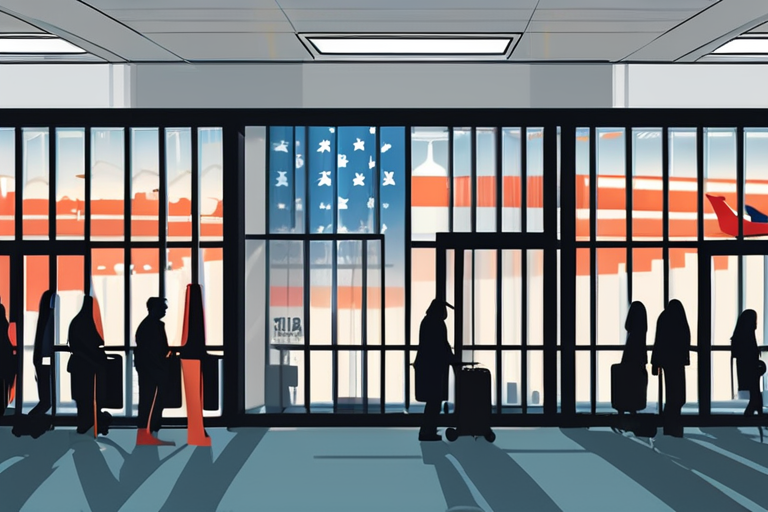


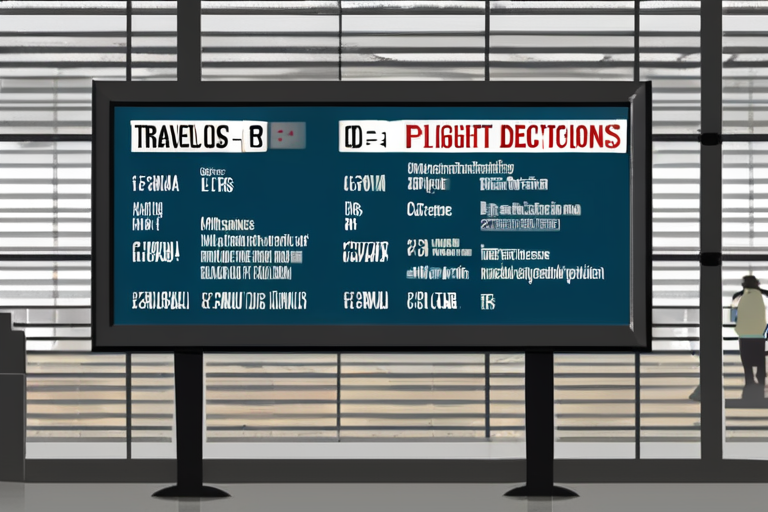

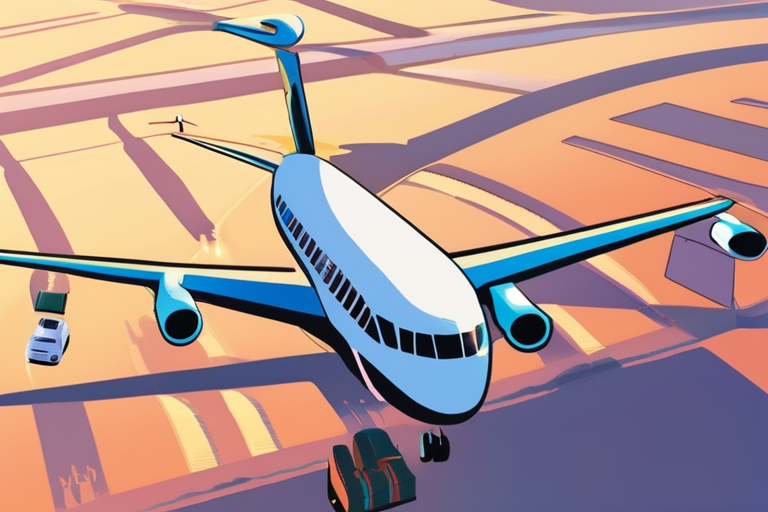
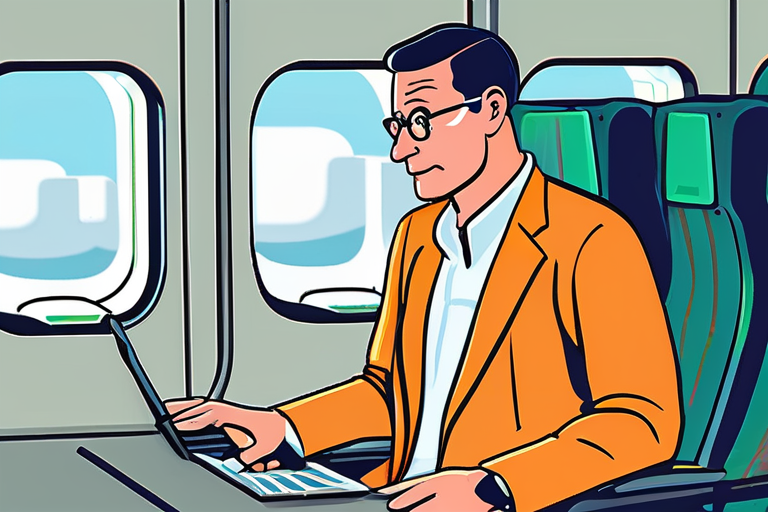

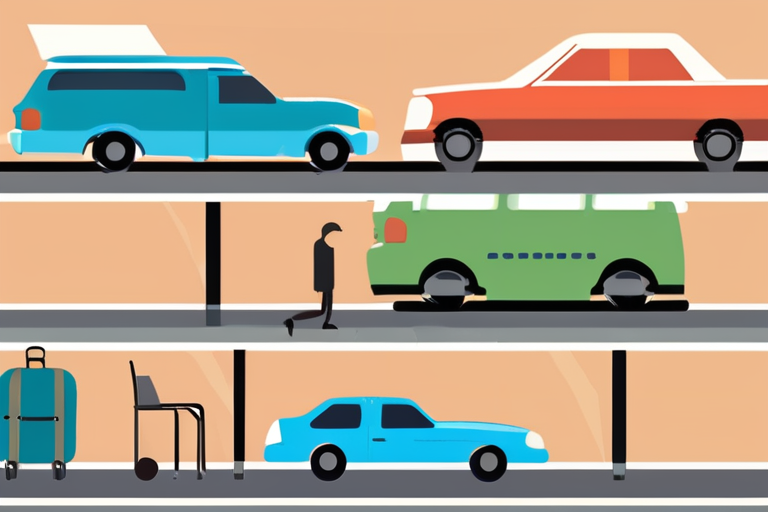
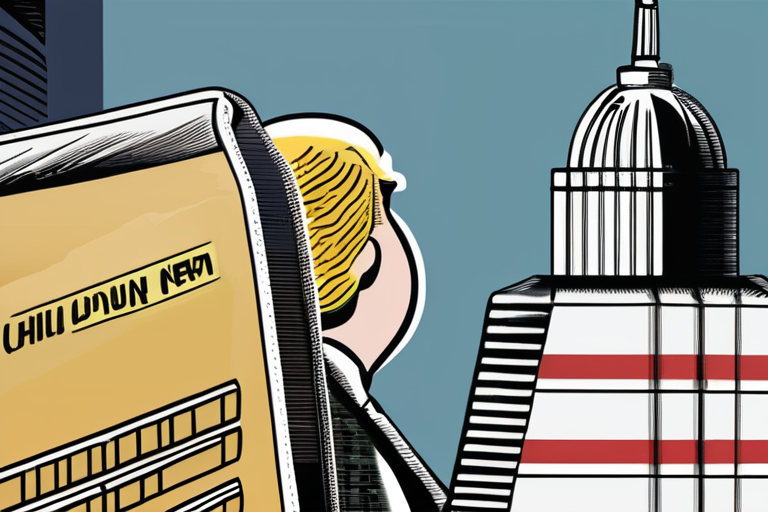
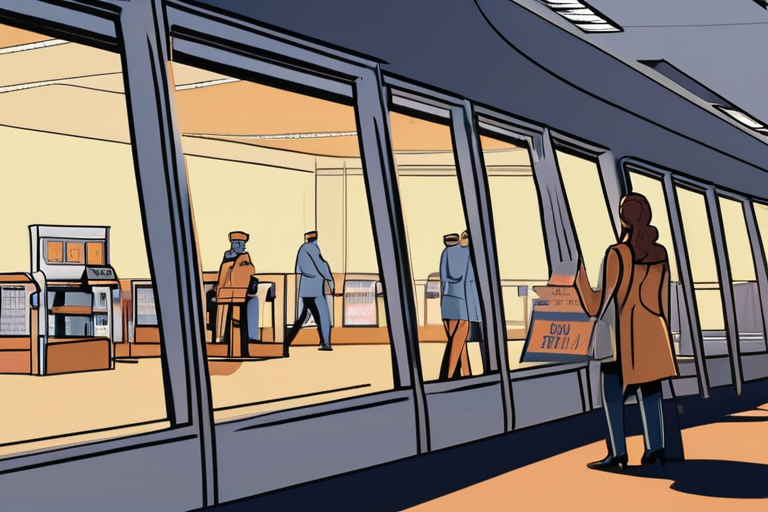
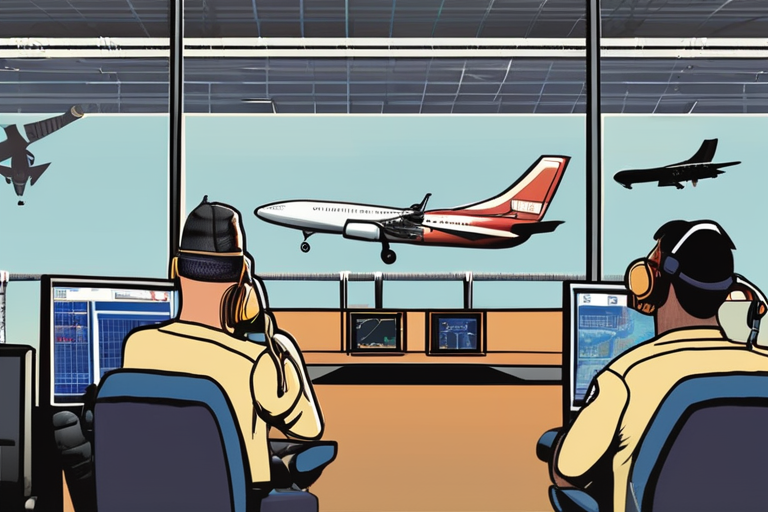
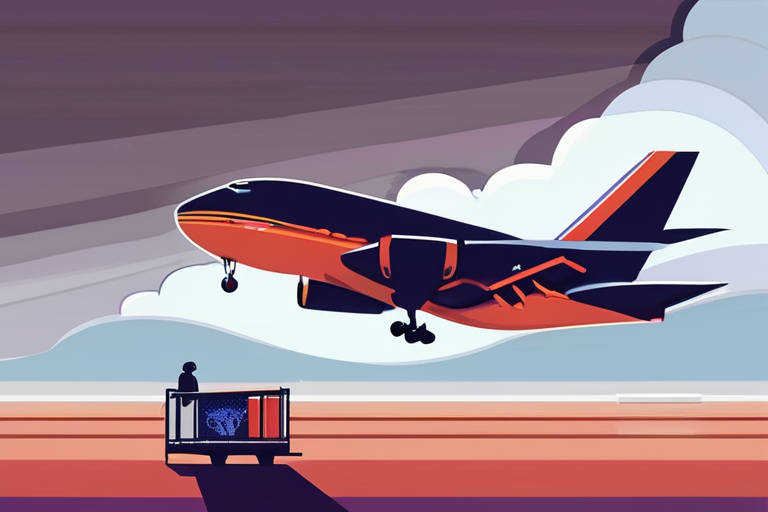
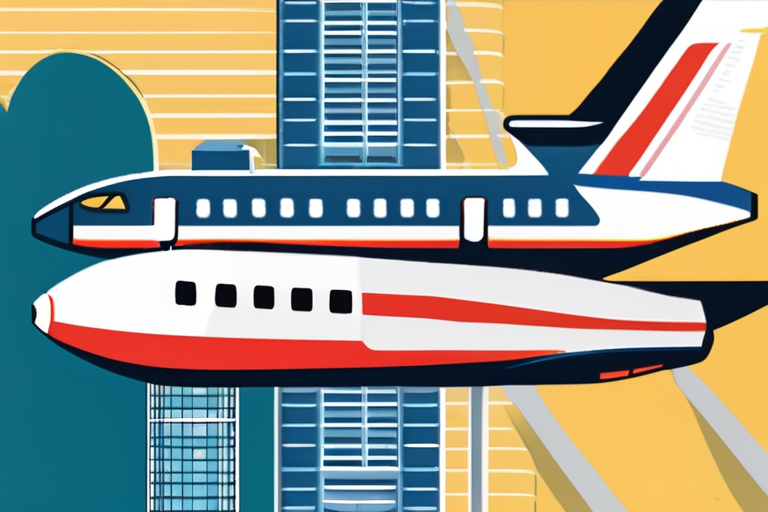
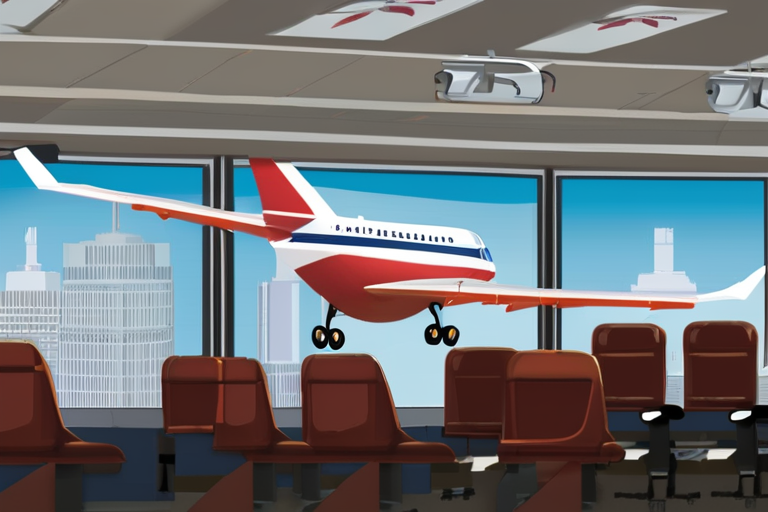
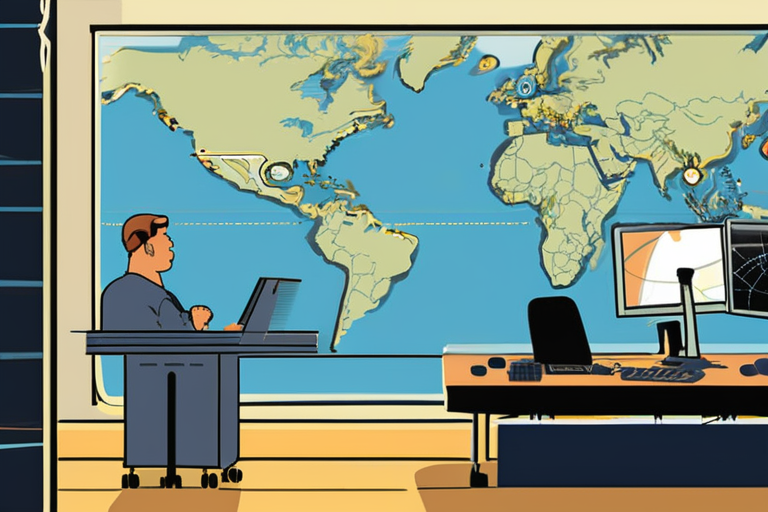
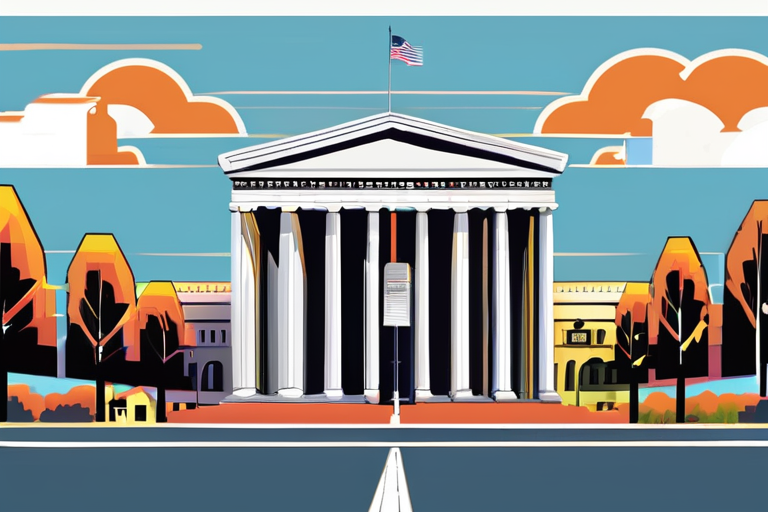

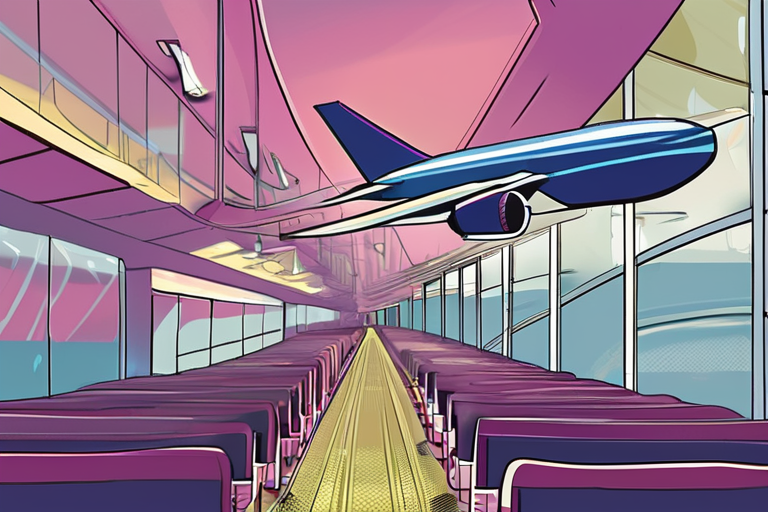

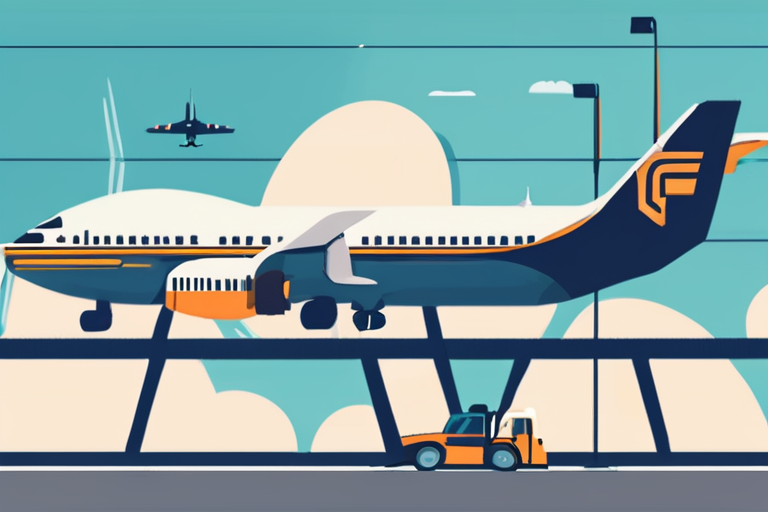
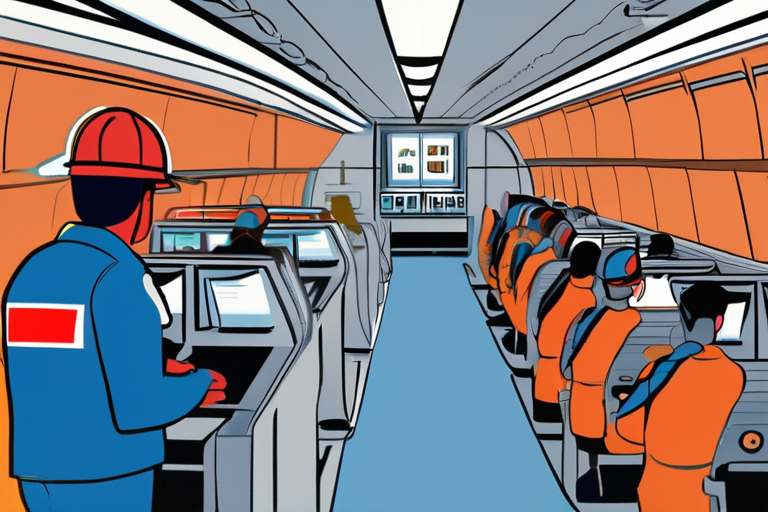
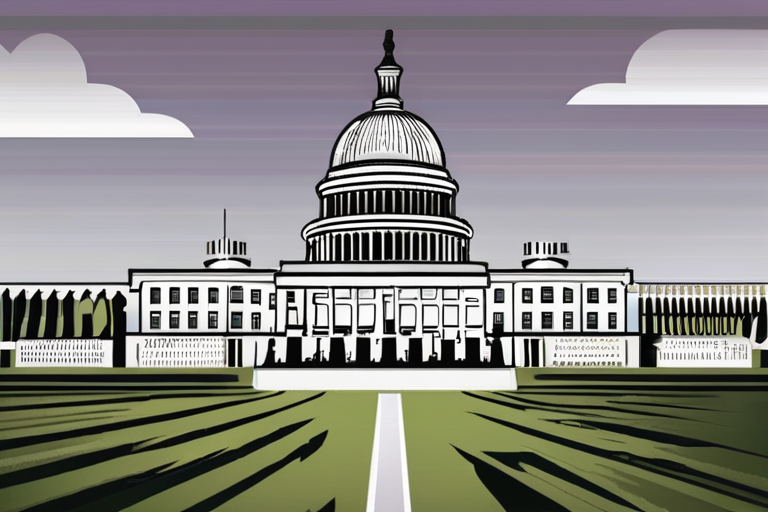
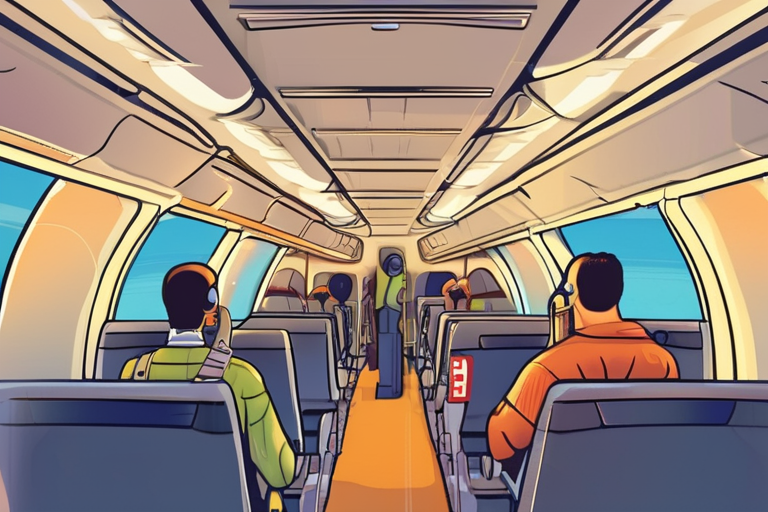


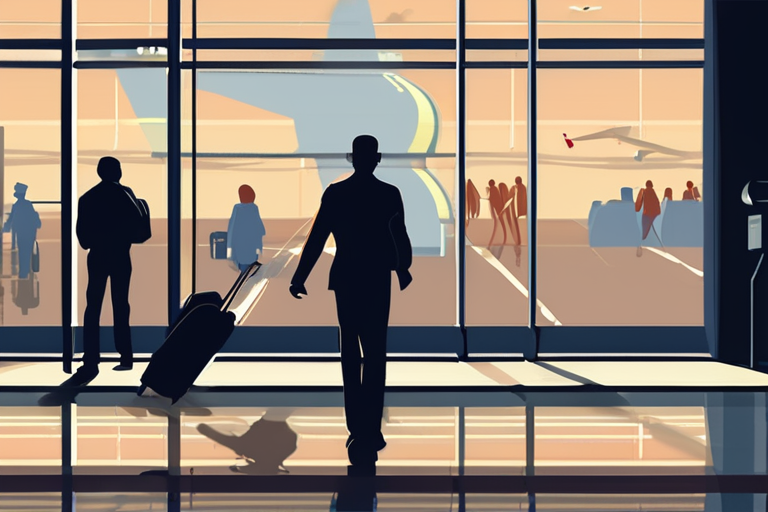
Share & Engage Share
Share this article